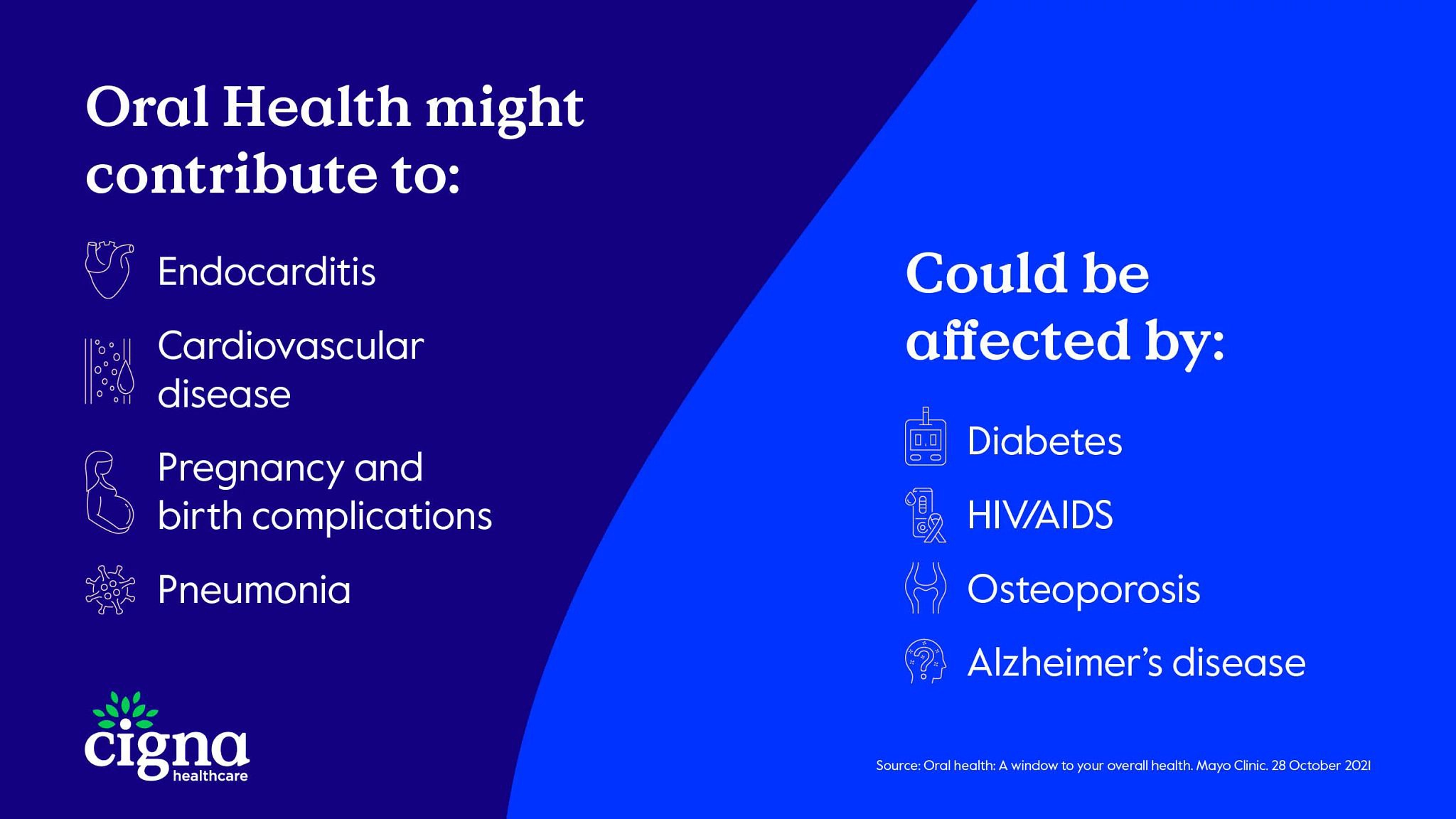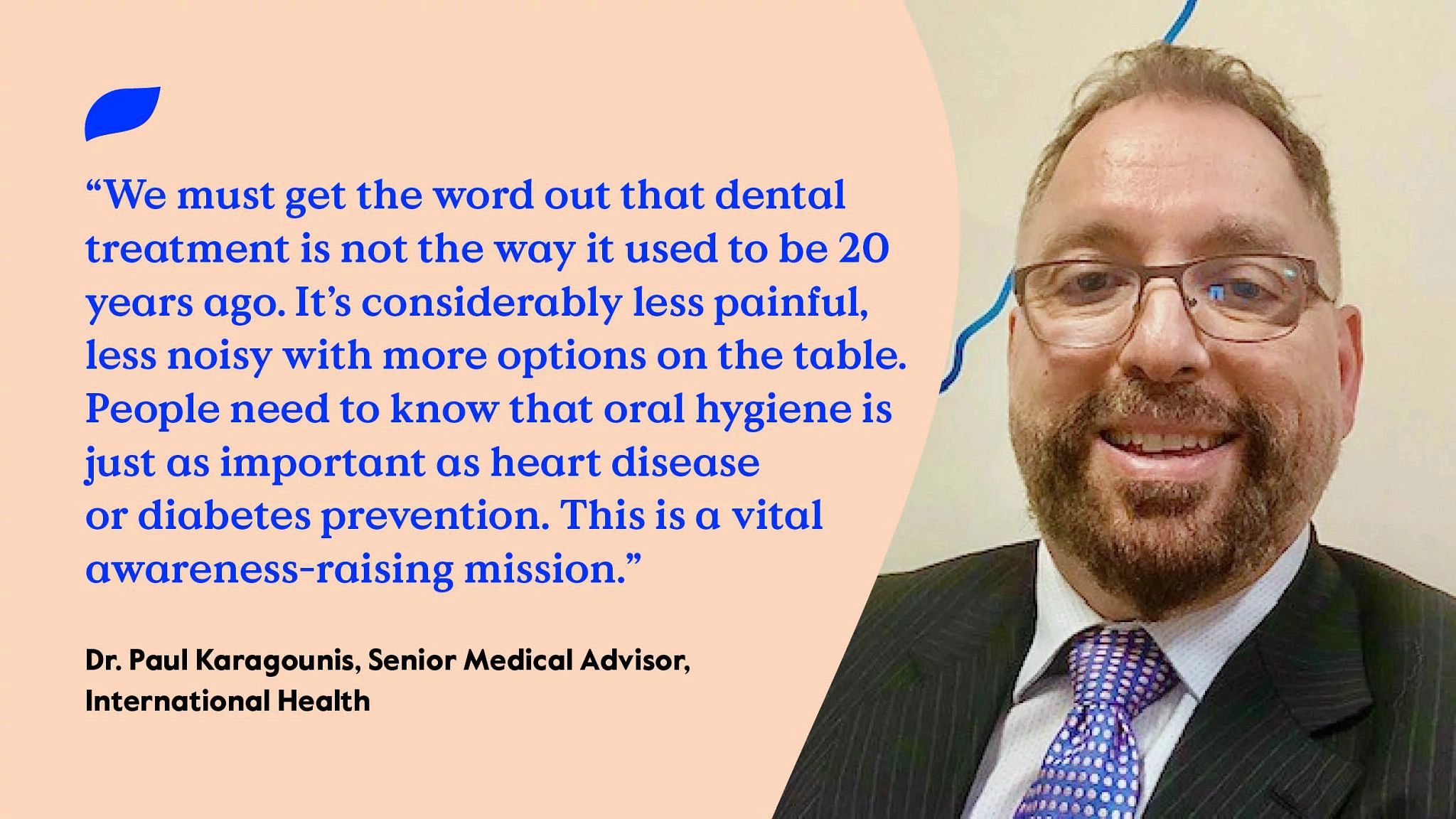- Voor zorgaanbieders
- Voor makelaars
Individuen en gezinnen
- Global Individual Health
- Spanish Domestic Individuals
Werkgevers
- SME Employer Health
- Large Corporation Health
- Spanish Domestic Employers
IGO & NGO
- IGO & NGO Health
Individuen en gezinnen
Topbestemmingen die we dekken
Ziektekostenverzekeringen voor expats
- Inside Expat Health Hub
- Een gids voor internationale ziektekostenverzekeringen voor gepensioneerden
- Een gids voor internationale ziektekostenverzekeringen voor werken in het buitenland
- Uitleg over ziektekostenverzekering voor expats
- Een gids voor internationale ziektekostenverzekeringen voor studenten
- Verhuizen naar het buitenland terwijl u zwanger bent
Kiezen voor een ziektekostenverzekering
- Reisverzekering vs. internationale ziektekostenverzekering
- Kiezen voor een ziektekostenverzekering
Landengidsen
- Landengidsen
Veelgestelde vragen
- Veel gestelde vragen
Werkgevers
Global Health Benefits Europe
- Gezondheidspolissen voor werkgevers
- Cigna Inspire-polis
2 - 149 werknemers
- Internationale gezondheidspolissen
Grote bedrijven
- Gezondheidspolissen voor Ondernemingen
Informatiebronnen voor leden
- Nuttige documenten en informatie
- Amerikaanse lijst met receptgeneesmiddelen
Klant
- Inloggen werkgevers
IGO, NGO & overheid
- Overzicht
IGO & NGO
- Intergouvernementele organisaties (IGO's)
- Niet-gouvermentale organisaties (NGO's)
Overheidsfunctionarissen
- Overheidsfunctionarissen
Informatiebronnen voor leden
- Veel gestelde vragen
- Cigna Health Benefits-app
- Informatie betreffende verzekeringsproduct
Klant
- Inloggen werkgevers
Onderwerpen
Individuen en gezinnen
-
Soorten dekking
-
Waar we dekking bieden
- Argentinië
- Australië
- Oostenrijk
- Brazilië
- Canada
- Chili
- China
- Costa Rica
- Egypte
- Frankrijk
- Duitsland
- Griekenland
- India
- Indonesië
- Ierland
- Italië
- Japan
- Koeweit
- Mexico
- Nederland
- Filippijnen
- Portugal
- Singapore
- Zuid-Afrika
- Spanje
- Zweden
- Zwitserland
- Thailand
- Turkije
- VAE
- Verenigd Koninkrijk
- Verenigde Staten
- Vietnam
-
Informatie
- Inside Expat Health Hub
- Een gids voor internationale ziektekostenverzekeringen voor gepensioneerden
- Een gids voor internationale ziektekostenverzekeringen voor werken in het buitenland
- Uitleg over ziektekostenverzekering voor expats
- Een gids voor internationale ziektekostenverzekeringen voor studenten
- Verhuizen naar het buitenland terwijl u zwanger bent
- Reisverzekering vs. internationale ziektekostenverzekering
- Kiezen voor een ziektekostenverzekering
- Landengidsen
- Veel gestelde vragen
-
Voor leden
Werkgevers
IGO, NGO & overheid
Gezondheidsblog
Voor makelaars
Let's Talk About Oral Health – “Open Wide”
Let's Talk About Oral Health – “Open Wide”
Oral health is a critical part of our well-being, and one that takes both personal care and group efforts to fully achieve. It’s an aspect of health that we need to talk about more openly.
Our mouths take in and harbor more types of bacteria than any other part of the body besides the intestine. The mouth is the main gateway to the body, which is why we should take good care of it, yet few other aspects of well-being are as shrouded in fear and misunderstanding as oral health. In fact, many people prefer to think about their mouths and teeth as little as possible, and many put off going to the dentist for far too long.
I must admit that I too feel apprehensive about going to the dentist. In my case it’s simple “dentophobia” – an irrational fear of the dentist’s chair triggered by some discomfort long ago, maybe in childhood. In general though, people’s reluctance to visit the dentist is down to a combination of factors, including cost, access, misconceptions, and lack of education. And of course, many of us simply prioritize other health issues over our teeth. But we shouldn’t put off going to the dentist, even if we’re not feeling any discomfort; just only for a regular check-up.
Drilling into the details
Good oral health is important not just for the teeth themselves but for the rest of our body too. For example, we now know that poor oral health, like gum disease and tooth decay, is linked to chronic conditions such as heart disease and diabetes. Indeed, people with these conditions often have much more advanced tooth decay and/or gum disease.

The specific bacteria involved in tooth decay and gum disease can enter the bloodstream and cause a lot of inflammation, which can sometimes worsen pre-existing conditions. It is a cyclical process, where chronic diseases can reduce blood supply and immunity defenses in the mouth, causing bad oral health, which in turn can exacerbate further chronic diseases through inflammation. This is why, before any heart valve operation, surgeons will check the patient’s teeth to make sure they don’t have any dental infection. If there’s a gum or tooth infection, the heart valve surgery can’t go ahead until the infection is treated appropriately.
The good news is that our teeth are very resilient. If we take care of our teeth every day, they can easily last through our whole life. Here are the basics: first, brush and floss at least twice a day. Especially important is brushing and flossing before you go to bed. Second, eat a balanced diet. Third, try to remove bad habits like smoking or eating between meals. I shouldn’t need to say this, but please don’t use your teeth to crack nutshells or open bottles!
Finally, regular dental checkups are essential: it’s recommended to go at least once, if not, twice a year – your dentist can detect plaque, tartar, cavities, or even oral cancer in the early stages and give your teeth the deep cleaning they need. This is why access to dental care is so important. In countries where dental treatment is widely available, people tend to keep their teeth for much longer. Unfortunately, dental services are often not covered by national health services or health insurance plans, while some regions still lack proper dental education in schools and dental facilities.
Filling the knowledge gap
Fittingly, the task of improving oral health starts with our mouths – by establishing open communication. To take my own example, building a relationship of trust with my dentist has been essential for me in overcoming my own dentophobia. My dentist has taken care to make their clinic a comfortable environment, and I know I can have a frank conversation with them any time. They listen to what I say and explain to me what I’m going to feel, what I’m going to hear, and what to expect during treatment.

On a wider scale, we must get the word out that dental treatment is not the way it used to be 20 years ago. It’s considerably less painful, less noisy, and there are more options on the table – for example, local anesthesia and sedation especially for children if needed. More importantly still, people need to know that oral hygiene is just as important as heart disease or diabetes prevention. This is a vital awareness-raising mission that will involve media, education, and improving coverage for dental procedures.
As an insurance provider, we have a key role to play in getting the message out that good oral hygiene means better overall wellbeing, vitality and quality of life. Fortunately, an increasing number of employers and organizations of all kinds now recognize the critical role of oral health for their people’s long-term well-being and set out to protect them accordingly.
Oral health is a critical part of our well-being, and one that takes both personal care and group efforts to fully achieve. It’s an aspect of health that we need to talk about more openly. As the saying goes “A smile is worth a thousand words”…or in my case, a mere 800 words.
Gerelateerde artikelen
©Cigna 2024
This article serves only as a reference and is intended for informational purposes only. Nothing in this article constitutes legal, tax, financial planning, health or medical advice including diagnosis or treatment. Any reference to products or services offered by Cigna are available except where prohibited by applicable law and subject to terms and conditions.
Contact
Wij zorgen dat u altijd de juiste informatie krijgt, ongeacht of u een lid van ons verkoopteam wilt spreken of algemene hulp nodig heeft als lid van Cigna.
ContactgegevensPopulaire links
Informatie
© 2025 Cigna Healthcare. Alle rechten voorbehouden.
*NB: dit is een vereenvoudigde weergave van de mogelijke vergoedingen en vermeld niet de voorwaarden en uitsluitingen die per vergoeding van toepassing kunnen zijn. De vergoedingen kunnen van tijd tot tijd veranderen. Sommige vergoedingen kunnen deel uitmaken van een optionele module. Raadpleeg de Klantengids voor meer informatie.
Deze website wordt aangeboden door Cigna European Services (UK) Limited, een bedrijf naar het recht van Engeland en Wales met als geregistreerd adres 13th Floor, 5 Aldermanbury Square, Londen EC2V 7HR en registratienummer 00199739. De naam Cigna Healthcare, het logo en andere merken van Cigna Healthcare zijn eigendom van Cigna Intellectual Property, Inc., met een licentie voor gebruik door Cigna Group en zijn operationele dochterondernemingen.
Als u deze links selecteert, wordt u weggeleid van Cignaglobal.com. Cigna Healthcare heeft geen controle over de inhoud of links op de gelinkte sites.

